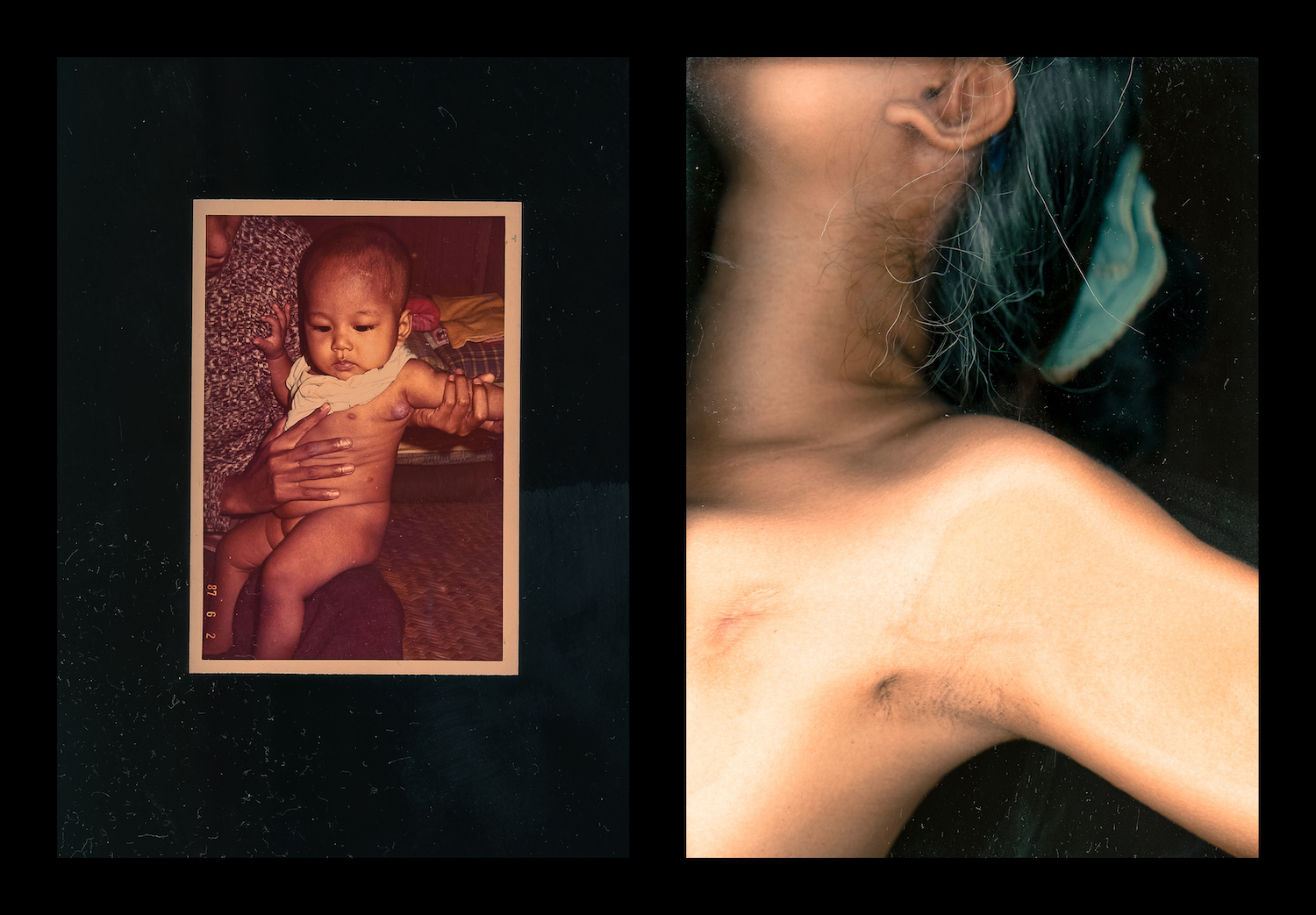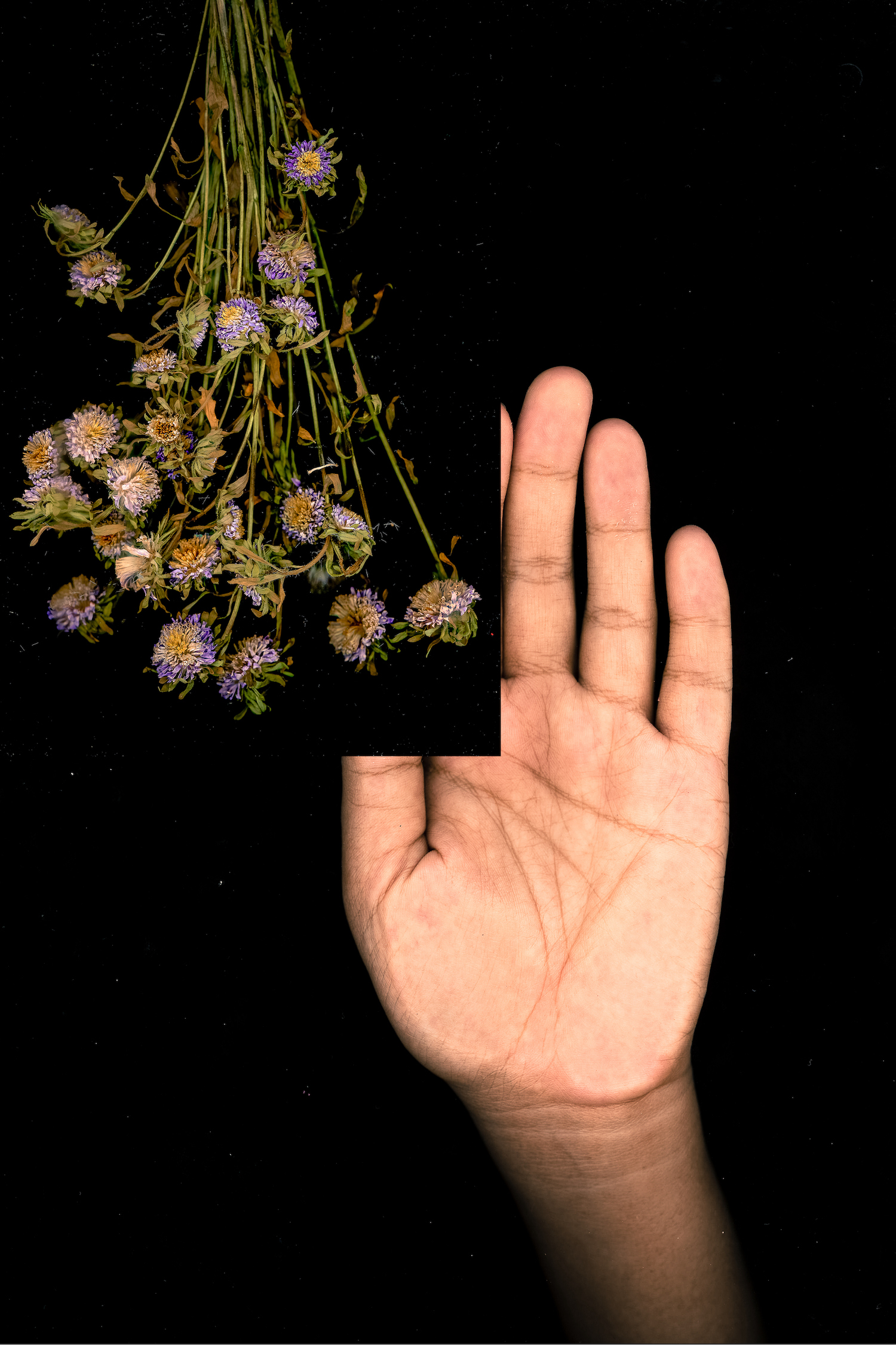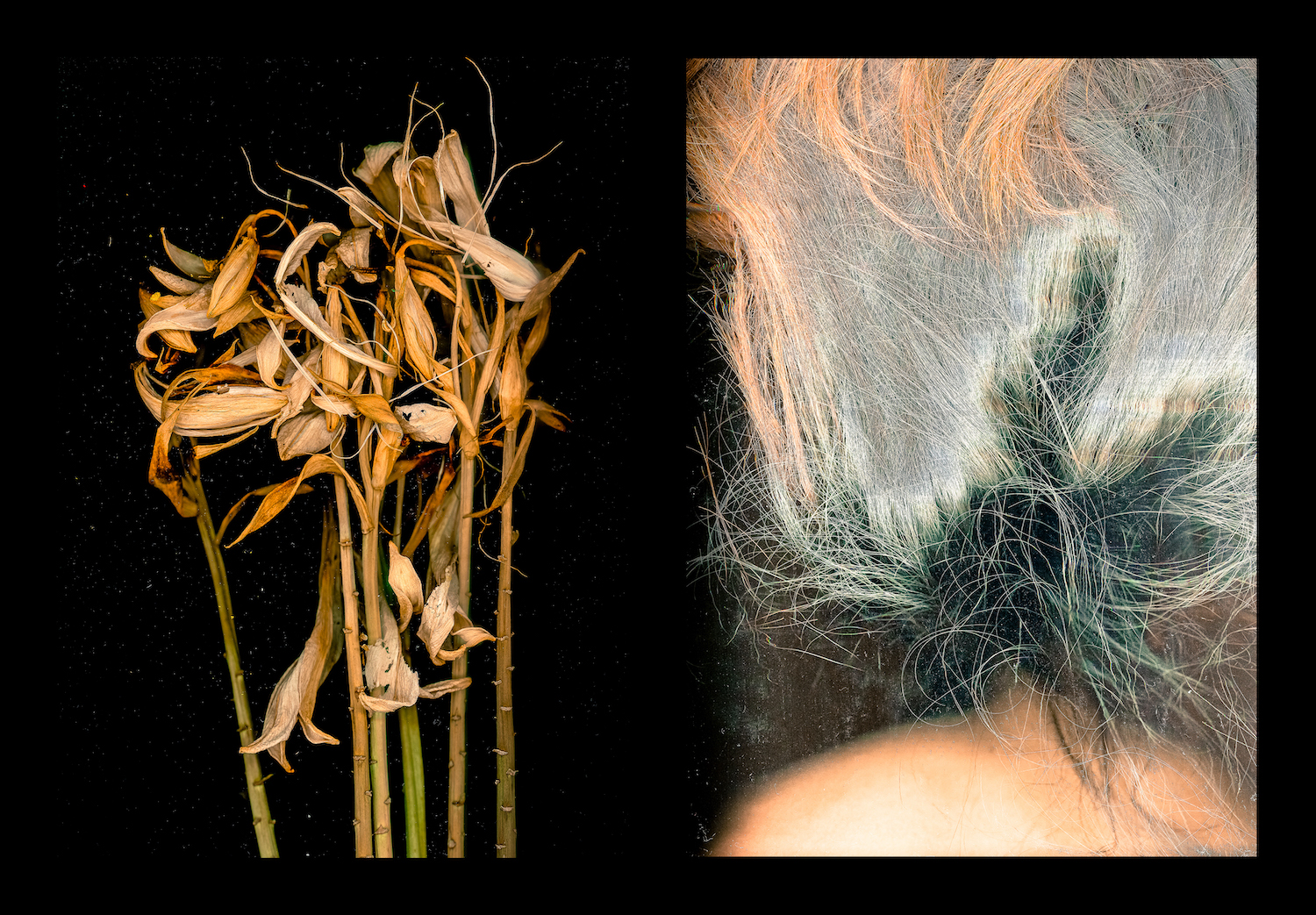Each year, British Journal of Photography presents its Ones To Watch – a selection of 20 emerging image-makers, chosen from a list of nearly 450 nominations. Collectively, they provide a window into where photography is heading, at least in the eyes of the curators, editors, agents, festival producers and photographers we invited to nominate. Throughout the next few weeks, we will be sharing profiles of the 20 photographers, originally published in the latest issue of BJP, delivered direct with an 1854 Subscription.
Suffering from the lifelong health condition, the Burmese artist responds to her experiences during the pandemic, documenting past traumas by digitally scanning her scars
“I have to create and stay alive,” says 35-year-old Shwe Wutt Hmon. Suffering from the lifelong health condition angiolipomas – a rare type of lipoma – Shwe was operated on five times before she was 30. The condition causes chronic back pain and requires regular hospital visits for CT scans. However, since the advent of Covid-19 in March 2020, she has been unable to see a doctor. Instead, the photographer has remained in her apartment, often incapable of leaving her bed due to the pain.
I Do Miss Hospital Visit responds to her experiences during the pandemic, documenting past traumas by digitally scanning her scars and repurposing CT scan images from previous medical procedures. Shwe presents these alongside images of decaying flowers and old family photographs. Fragile and wilted, the flowers are a metaphor for her experience during the pandemic: the result of her reluctance to go out and buy fresh bouquets in fear of catching the virus. “[They] resonate with my condition of not being able to visit the hospital and suffering more pain and frustration as a result,” she says.
The project addresses themes running through Shwe’s practice more broadly: identity, relationships, feminism and mental health. Born and raised in Yangon – the former capital of Myanmar – Shwe began pursuing photography as a career four years ago. For the decade prior, she worked as a researcher for UN agencies and NGOs. “I grew up under a repressive military regime, in a society that is historically closed and conservative,” she says. “Life inside Myanmar is much worse than the outside world can imagine, with unbearable human rights violations and atrocities.”
Emmeline Yong, co-founder and director of Objectifs, a visual arts space in Singapore, nominated Shwe. “[Her] work is deeply personal. She is uncomfortable with the uneven power dynamics of a photographer-subject relationship, and this has led to a collaborative and emphatic approach,” says Yong. “Despite the political climate and lockdowns in Myanmar, Shwe has continued to use photography to tackle physical, emotional and mental issues.”
Photography and politics were ever-present in Shwe’s childhood; both her parents worked as civil servants, and her father was the head of photography at the Ministry of Agriculture. “I never directly learned photography from him, but when I reflect on my childhood, I have vivid memories of my father’s lab,” says Shwe. During her childhood, the photographer spent a lot of time with her grandfather, a junior officer to General Aung San, the father of Aung San Suu Kyi. “I learned many stories about the Burmese independence movement from him, and I guess that’s one of the reasons I became a development worker,” she reflects.
In 2017, Shwe began to feel frustrated with her profession. She enrolled in the Angkor Photo Festival workshop, where she was mentored by Antoine d’Agata and Sohrab Hura. “I never went back to my full-time job,” she says. “It was one of the best decisions I’ve ever made.” That same year, she joined the Thuma Collective, an all-female group of photographers who organise workshops and artist talks. Thuma means ‘she’ in Burmese, and the group aims to nurture a safe and supportive space for female photographers in Myanmar.
Four years on, Shwe’s work is recognised by initiatives such as Photo Kathmandu’s South Asia Incubator and World Press Photo’s Joop Swart Masterclass. She continues to collaborate with NGOs as a photographer and educator. But, having worked in the sector for so long, her personal practice naturally leans towards exploring social and political stories too.



